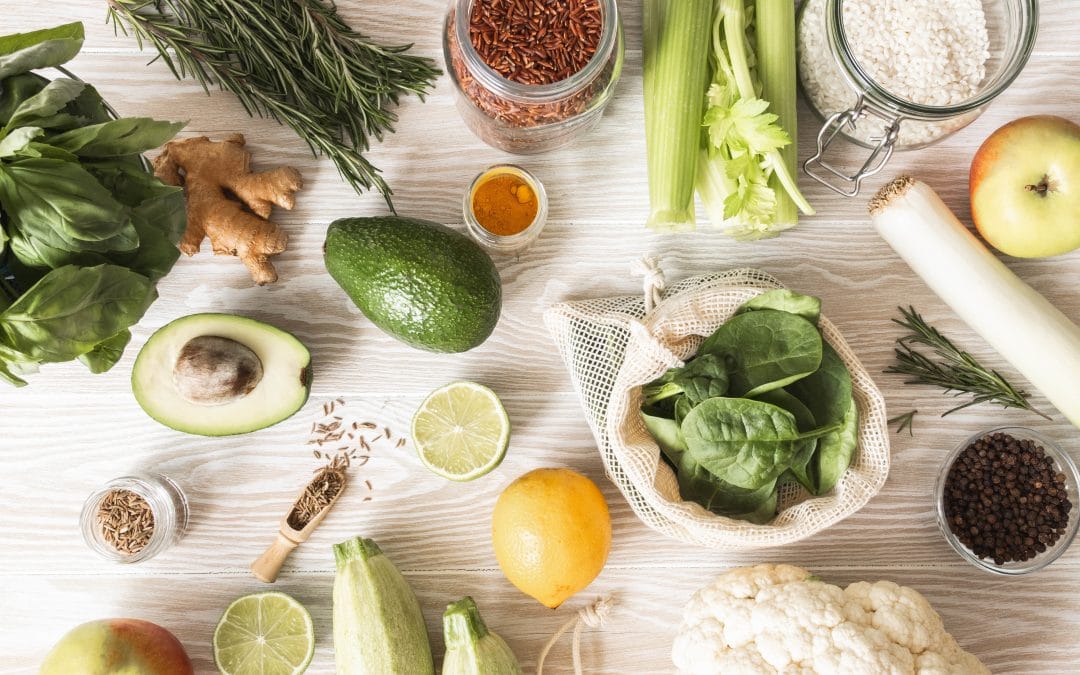Protein plays a crucial role in repairing tissues, producing enzymes and hormones, and supporting overall health. Whether you’re aiming to boost your energy levels, recover from exercise, or maintain a balanced diet, protein is an essential component of your nutritional intake.If you’re not a fan of meat or follow a vegetarian diet, you might wonder how to meet your protein needs. Don’t worry, there are plenty of manageable and delicious ways to incorporate more protein into your meals.
Why Is Protein Important?
Protein is vital for:– Muscle Health : It helps repair and grow muscles, especially after physical activity.
– Energy Production: Protein supports energy levels by stabilising blood sugar and sustaining you throughout the day.
– Immune Function: Proteins form antibodies that help fight infections.
– Hair, Skin, and Nails: Protein is a key component in maintaining healthy tissues.
– Satiety: High-protein meals keep you feeling full, which can help with weight management.
How Much Protein Do You Need?
The amount of protein you need depends on your age, weight, and activity level. As a general guideline, adults should aim for about 0.8 grams of protein per kilogram of body weight. For example, a person weighing 70 kg should consume around 56 grams of protein daily.For those with higher activity levels or specific health goals, protein needs may be slightly greater.
How to Add More Protein to Your Diet
For Everyone– Start Your Day Right : Choose a protein-rich breakfast like Greek yogurt with nuts and seeds or scrambled eggs on whole-grain toast.
– Snack Smart: Keep snacks like cheese, roasted chickpeas, or protein bars on hand.
– Upgrade Your Sides: Add beans, lentils, or quinoa to salads and soups for an extra protein boost. For Meat Lovers– Choose Lean Cuts: Opt for chicken, turkey, fish, or lean beef to meet your protein goals while minimizing saturated fat.
– Incorporate Seafood: Salmon, tuna, and shrimp are great sources of protein and healthy fats. For Vegetarians and Those Who Don’t Love Meat– Legumes: Lentils, black beans, chickpeas, and edamame are rich in protein and versatile.
– Embrace Dairy and Eggs: Greek yogurt, cottage cheese, and eggs are excellent non-meat protein options.
– Try Tofu and Tempeh: These soy-based products are fantastic in stir-fries, salads, or grilled as a meat alternative.
– Grains and Seeds: Quinoa, chia seeds, hemp seeds, and farro are nutrient-dense and protein-packed.
– Consider Plant-Based Protein Powders: These are an easy way to increase protein in smoothies, oatmeal, or baked goods.
Tips for Staying Consistent
– Plan Ahead : Meal prep protein-rich dishes like lentil curry, egg muffins, or quinoa salads.
– Mix and Match: Pair different protein sources (e.g., rice and beans) to create complete proteins, especially for vegetarians.
– Experiment with Flavours: Use herbs, spices, and marinades to make protein-rich foods more appealing.
Signs You May Need More Protein
If you’re frequently tired, have trouble recovering from exercise, or notice brittle nails and hair, you might need to increase your protein intake.
A Balanced Approach to Protein
Whether you’re a meat lover, vegetarian, or somewhere in between, there are plenty of ways to meet your protein needs. Focus on incorporating a variety of protein-rich foods into your diet to keep meals exciting and nutritious.If you’re unsure about how much protein is right for you or need help tailoring your diet, contact Nexus Health Collective today. Our team of Dietitian’s can help you create a personalised plan that supports your goals and fits your lifestyle.


